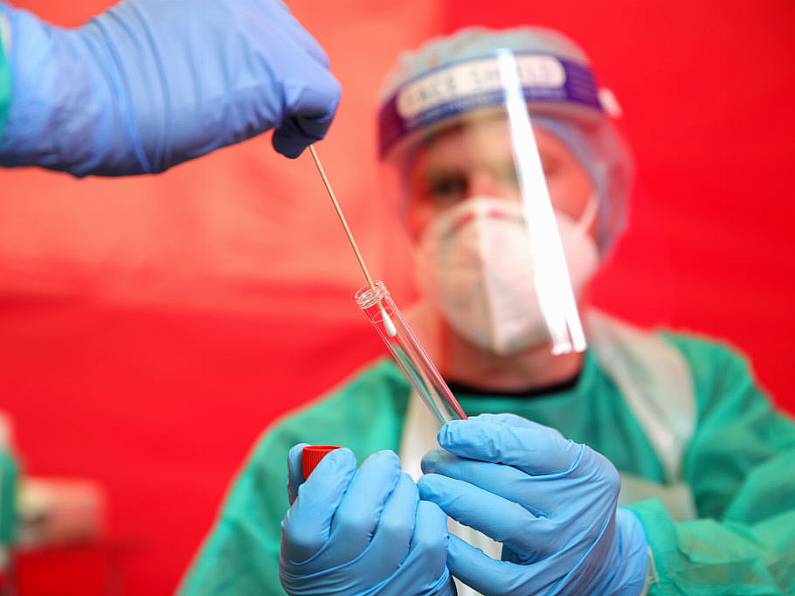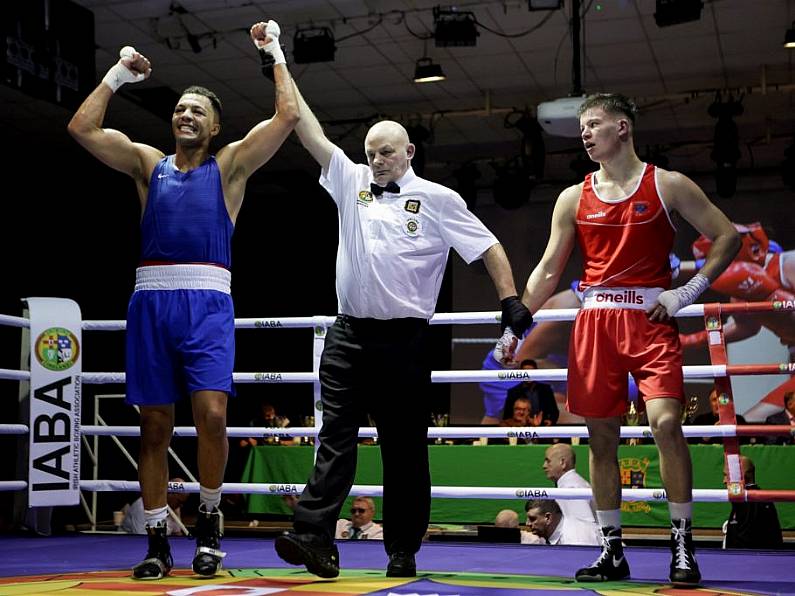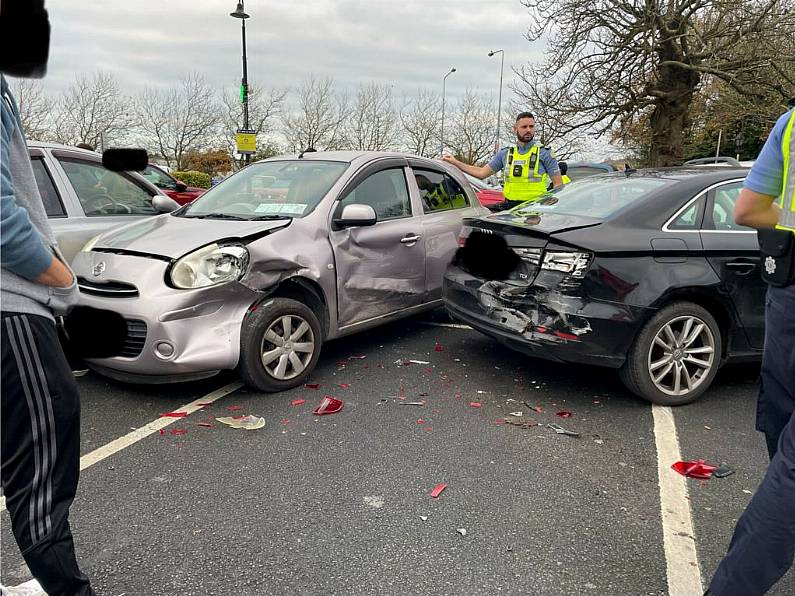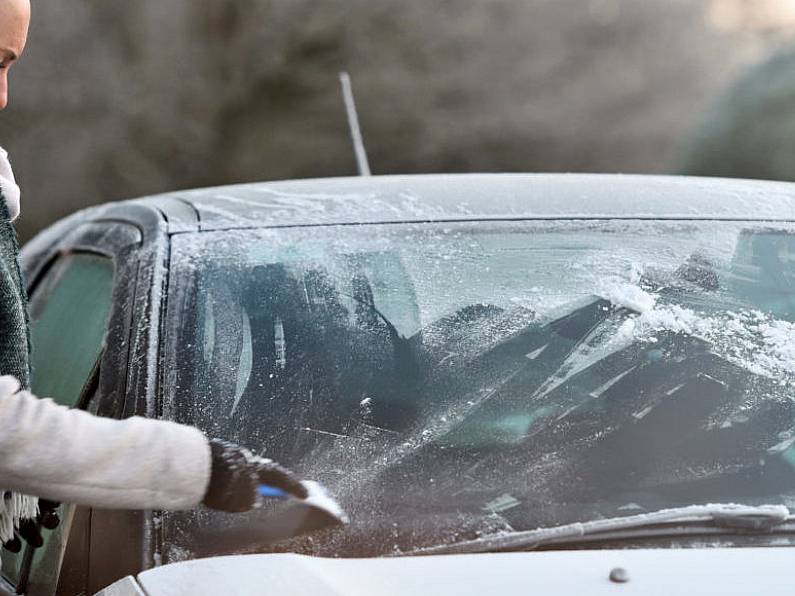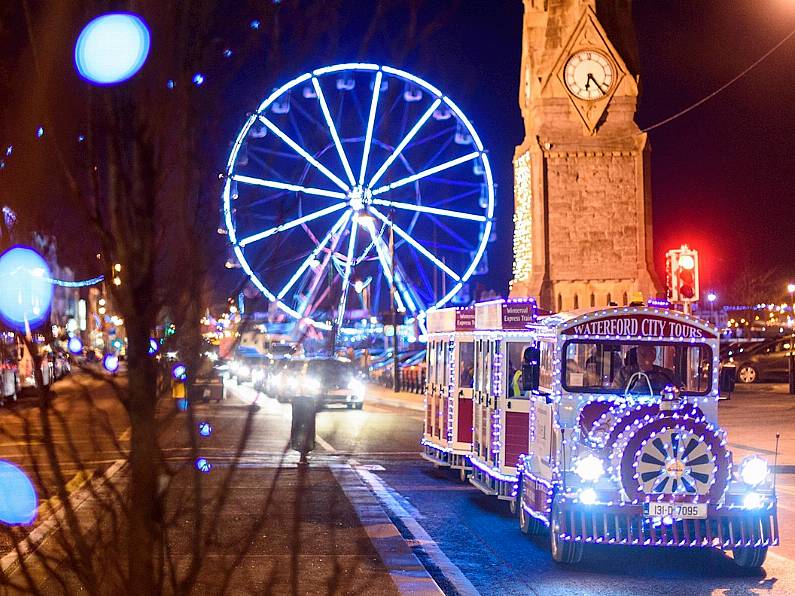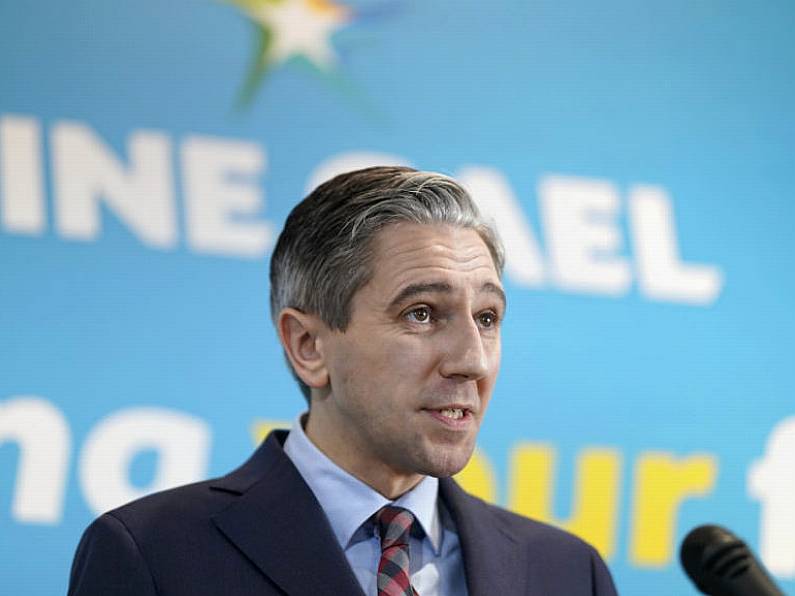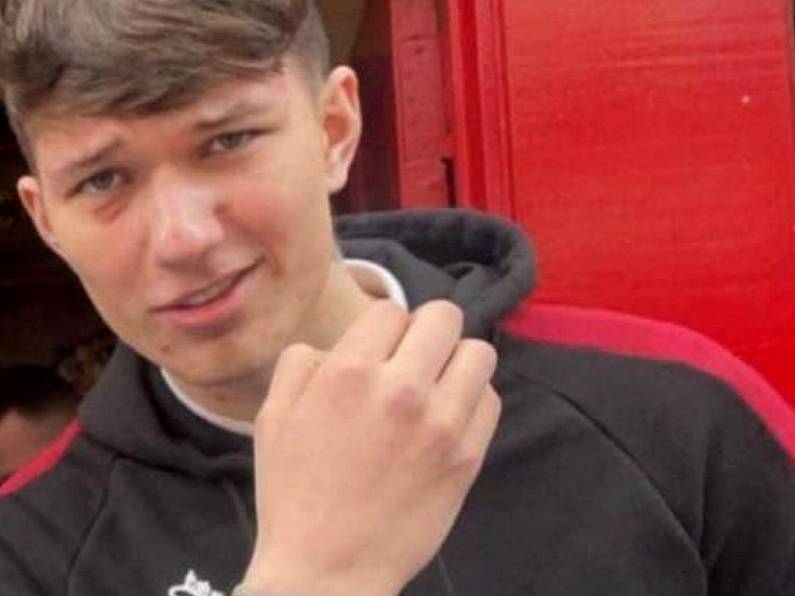By Digital Desk Staff
Public health officials have told Government that Ireland’s Covid-19 situation is now the most serious it has been since the pandemic arrived in March.
Current measures designed to suppress soaring infection rates will not be sufficient to bring cases below 1,000 each day and a full lockdown should come into force from St Stephen’s Day, the National Public Health Emergency Team (Nphet) has said.
It comes as the Republic will begin to enter a Level 5 lockdown with “specific adjustments” from 3 pm today on Christmas Eve.
Minister for Health Stephen Donnelly has told the Irish Times that new variants of the virus from South Africa and the UK, combined with a rapid rise in infection rates across all age groups, mean “it’s the most serious situation since I became Health Minister”.
He said people should exercise “great caution” and “think very carefully” about meeting vulnerable relatives on Christmas, especially if they had been socialising.
Under the new restrictions taking effect on Christmas Eve:
- Current household visit rules remain in place up to St Stephen’s Day and then reduce to one other household until December 31st.
- Inter-county is permitted up to and including December 26th.
- Christmas religious services can take place but move online after December 25th.
- Travel restrictions from Britain remain in place until December 31st.
- Restaurants and pubs serving food close from 3 pm on Christmas Eve.
- Hairdressers and personal services close from Christmas Eve.
- Non-essential retail can remain open.
- Gyms can stay open for individual training. The 5km limit will not be implemented but people are encouraged to exercise close to home.
In a letter sent to Government on Wednesday, Nphet advised a full Level 5 lockdown for six weeks from St Stephen’s Day, with the closure of non-essential retail and an earlier ban on household visits.
Officials confirmed a new and more infectious variant of the disease identified in the UK was now circulating in Ireland, with monitoring of samples taken last weekend suggesting it may be present in about 10 per cent of swabs analysed.
Deputy chief medical officer Dr Ronan Glynn said the situation is now at its most serious since last March.
The current epidemiological situation is the most serious it has been since last March. The disease has spread across all parts of the country & across all age groups. Please act at all times as if you - or those you come into contact with - are infectious with #COVID19
— Dr Ronan Glynn (@ronan_glynn) December 23, 2020
However, chief medical officer Dr Tony Holohan said he does not believe the new variant is driving the recent surge in cases.
The chair of Nphet’s epidemiological advisory group Professor Philip Nolan, said the relaxation of restrictions on hospitality “coincides with a very rapid acceleration in the level of disease”.
The R number, an estimate of how quickly the virus is moving through the population, is currently estimated between 1.5 and 1.8.
Prof Nolan said he did not believe the current measures would be sufficient to drive the number below 1 and said case numbers of around 1,000 per day will continue.
Nphet confirmed a further 938 new cases of Covid-19 and 13 additional deaths on Wednesday evening.
It comes as a senior HSE official also warned on Wednesday that the coronavirus situation in Ireland is deteriorating at a faster pace than anywhere in Europe.
Chief clinical officer Dr Colm Henry said the infection rate is “frightening” and the curve is moving in an almost “vertical direction”.
His analysis came as HSE chief executive Paul Reid warned of “serious and dangerous” levels of transmission that could lead to a “massive surge” in hospital admissions after Christmas.
In the North, 21 further deaths and 787 new cases of the virus were confirmed on Wednesday as the new UK variant was also confirmed in the region.
It is understood health officials believe the strain has been in circulation at a low level in Northern Ireland for several weeks.
The development came as Northern Ireland prepares to enter a new lockdown on St Stephen's Day.



